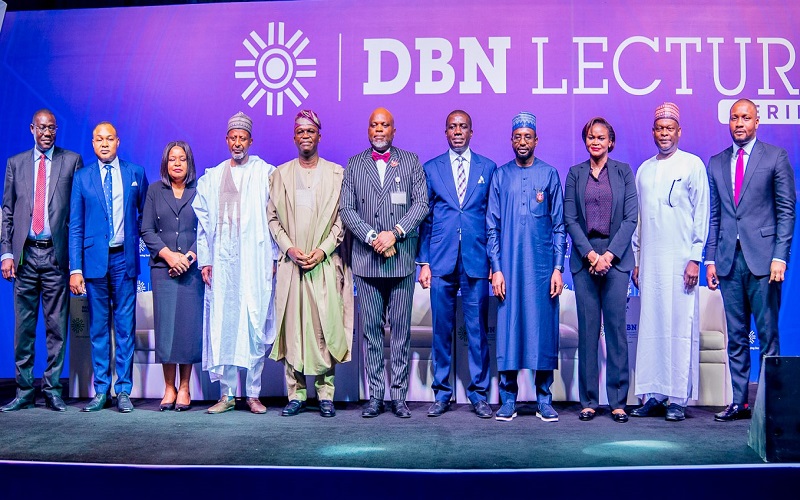It has been suggested that digitising Nigeria’s Micro, Small and Medium Enterprises (MSMEs) will drive the needed sustainable economic growth given the critical roles digitalisation and technology play in optimising the operation of businesses in the 21st century.
The Director-General of the National Information Technology Development Agency (NITDA), Kashifu Inuwa, made this known in Abuja while delivering a Keynote Address on the theme: “Digital Nigeria – Leveraging Technology to Improve Ease of Doing Business for MSMES” at the Development Bank of Nigeria (DBN) 2023 Annual Lecture series.
The NITDA DG noted that technology innovation is occurring at an exponential pace and businesses are increasingly recognising and leveraging technology for growth, and quoted a 2020 PwC MSME survey which states that MSMES account for about 96% of all businesses in Nigeria; contribute 49% of the national Gross Domestic Product (GDP); and employ 84% of the country’s workforce.
“As a government, we have the responsibility to carry everyone along, especially when it comes to inclusivity or access to digital infrastructure, it is no longer a privilege but a necessity.
“With the way we are increasingly using systems to make decisions and a whole lot of things, there is a need to carry everyone along as we cannot afford to be left behind in Nigeria, Africa, and the rest of the world,” Inuwa stated.

“We are rounding off with a legal framework that will make it easier for investors to come and invest in digital public infrastructure because this will make it a lot easier for SMEs and would aid automation of governance.
“Nigeria has the largest vibrant tech ecosystem in Africa as the country is leading so far in unicorn counts on the continent with five of the seven known unicorns originating in Nigeria,” Inuwa added.
He stressed that the sustenance of Nigeria’s economy relies heavily on enterprises, given the fact the trajectory of customer satisfaction, advertising and payment are results of the increased attention turned to digitalisation in today’s businesses.
“MSMEs that have embraced digitalisation and technology tend to fare better and that underscores a study done in Turkey which shows that 41.2% of 131 SMEs underwent technological innovations and this led to the operational efficiency of 96.9%.
“With the power of technology, you start small but in the long run, you will grow exponentially, if you continue to add value to your business, of course,” the DG avowed.
While painting a picture of what the MSMEs in Nigeria could add to the country’s GDP through digitisation, the Director-General appealed to the Development Bank of Nigeria to also consider giving Startups access to funds as they do MSMEs, adding that the two are the same, with the only difference being their nomenclatures.
“If all SMEs in Nigeria can digitise today, we can add $60 Billion by just leveraging technology. And recent research has shown that any MSME that transformed digitally could increase its revenue by 26% and reduce costs by 22%,” the DG assured.
Chief Executive Officer (CEO), Development Bank of Nigeria, Dr. Tony Okpanachi, alluded to the fact that the discovery of the internet and its impact on human interaction and commerce have changed the dynamics of human coexistence, as social media platforms which started as a means of interaction between people now have commercial and advertising nodes in them.
The fourth DBN Annual Lecture hybrid event marked the bank’s 6th anniversary and to celebrate the milestone, the Bank’s Lecture featured speakers drawn from a range of subject matter expertise, comprising public sector, academia, development economics, financial services, and entrepreneurship.

